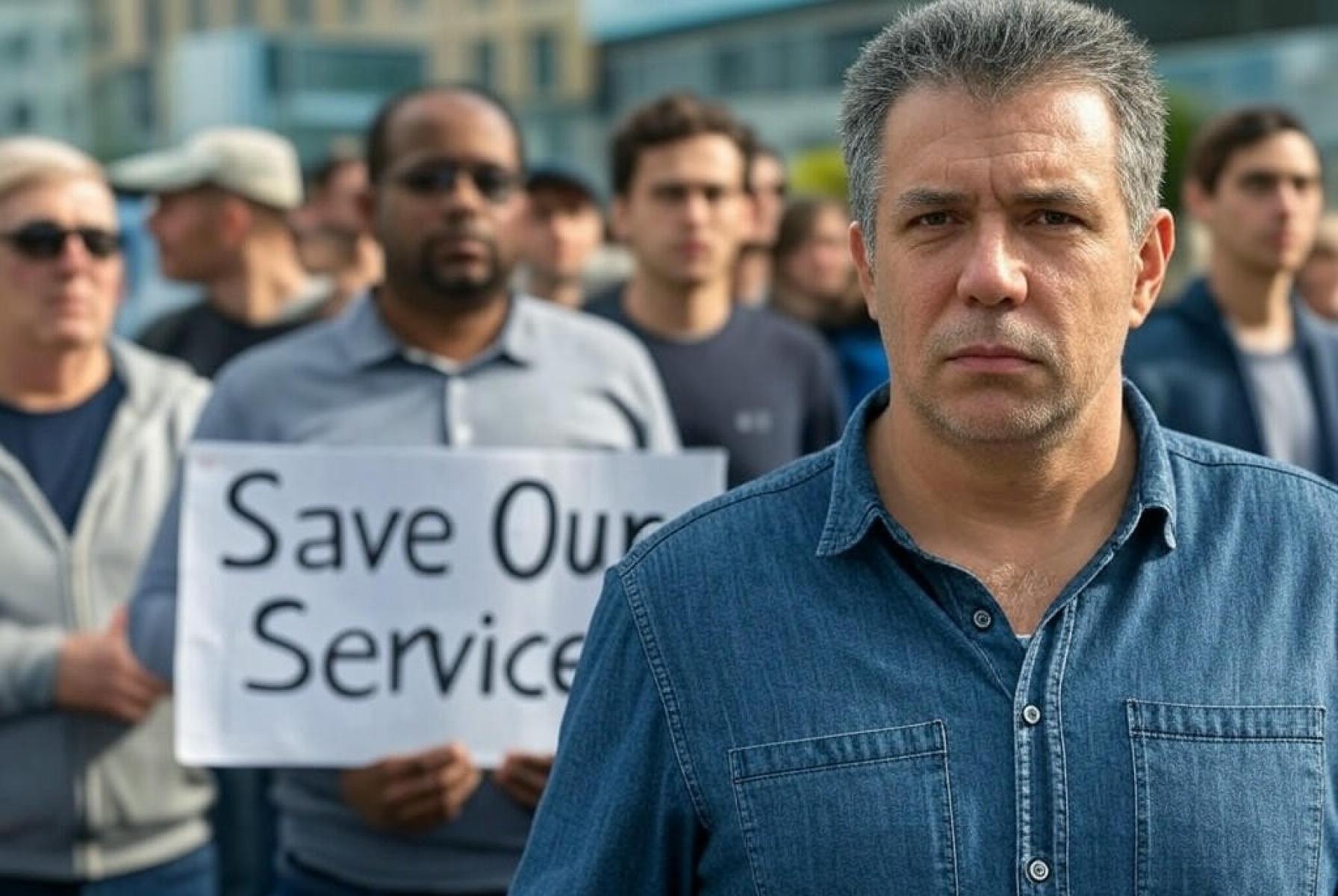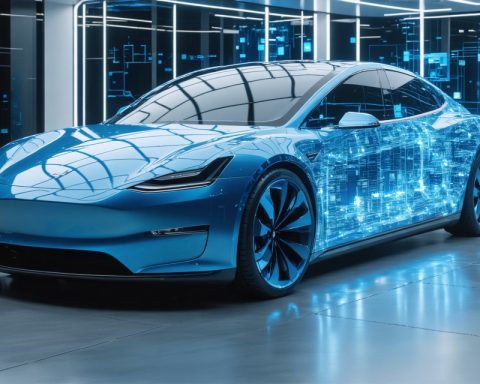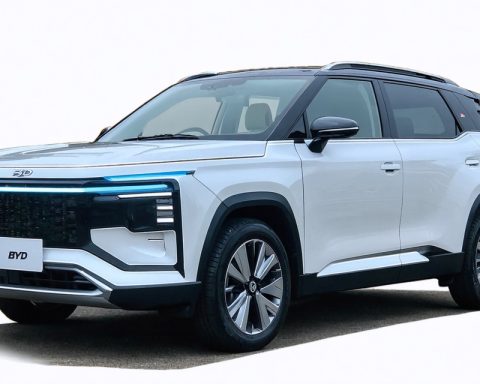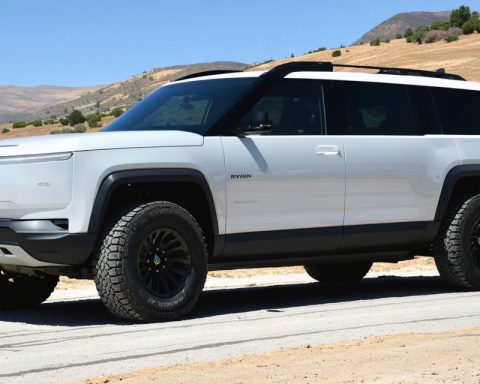- Global protests, known as “Tesla Takedown,” target Tesla’s influence and Elon Musk’s perceived threat to democracy.
- Elon Musk’s Department of Government Efficiency (DOGE) initiative faces backlash due to its impact on federal departments.
- Protesters urge divestment from Tesla, leading to a significant drop in its stock value, despite a brief 10% recovery.
- The campaign advocates for a global day of action on March 29 to pressure Tesla owners and investors to divest.
- Vandalism and violence, such as arson and firearm incidents, shadow the largely peaceful protests.
- Federal authorities classify these violent acts as domestic terrorism, while political figures clash over the movement.
- The Tesla Takedown underscores growing public scrutiny of tech moguls’ power and its impact on governance.
- The outcome of these protests may influence the balance between capitalism and democratic values.
Amidst a backdrop of waving banners and chanting voices, a new wave of demonstrations dubbed the “Tesla Takedown” engulfed cities around the world. Protesters have flocked to Tesla dealerships, urging supporters to divest and disassociate from Elon Musk’s reach, which they perceive as a direct threat to democracy.
Billionaire Elon Musk, steering his latest venture, the Department of Government Efficiency (DOGE), has made deep inroads into federal departments, sparking outcry from those who see it as a destabilizing force in governance. In response, activists have orchestrated mass protests, stretching from the United States to Europe. This burgeoning revolt challenges both Tesla’s reputation and its stocks, which have seen a dramatic plunge—almost halving since their December peak.
The campaign, described vividly on its website, is a clarion call: a global day of action scheduled for March 29 aims to pressure Tesla enthusiasts into parting with their vehicles and stocks, turning financial decisions into acts of resistance. Despite a short-lived rebound of 10%, Tesla shares remain a shadow of their former selves, reflecting the public’s unease.
While the protests largely embrace peaceful methods, a darker undertone can’t be ignored. Across the U.S., vandals have targeted Tesla properties. Recent incidents include the discovery of incendiary devices at a dealership in Austin and a grotesque night of destruction in Las Vegas, where attackers deployed Molotov cocktails and firearms. In Colorado, dealerships bear the scars of smashed windows and spray-painted slogans, a testament to the rising tensions.
Federal authorities, spearheaded by moves from the Trump administration, have swiftly condemned these acts, categorizing them as domestic terrorism. Attorney General Pam Bondi’s stern warnings resonate over airwaves, while high-profile endorsements of Tesla cars from figures like Trump himself hint at a deepening political schism.
Within this contentious landscape, political figures spar over tactics and rhetoric. Texas Representative Jasmine Crockett’s flippant call for Musk’s metaphorical downfall drew sharp rebukes from Bondi, highlighting how Musk’s empire intertwines with the very ideology that divides America.
Beneath the harsh spotlight of Tesla Takedown, a central message emerges: individual choices resonate beyond personal realms, challenging the influence of a tech magnate entwined with governmental restructuring.
In the end, the Tesla Takedown is more than a clash with a company; it’s a litmus test of public sentiment toward power wielded by tech titans. As the protests expand, their outcome may well redefine the delicate dance between capitalistic enterprises and democratic institutions. The resounding chant echoes—change is driven not just by innovation, but by accountability.
Unmasking the “Tesla Takedown”: Implications and Insights on the Global Movement Against Elon Musk
Understanding the “Tesla Takedown” Protests
The “Tesla Takedown” is not merely a protest against a company; it’s a global expression of concern about billionaire Elon Musk’s influence over both economic markets and political systems. With Tesla shares almost halving since December, coupled with targeted acts of vandalism, the movement underscores growing tensions around Musk’s ventures, particularly the Department of Government Efficiency (DOGE), which critics view as a potential threat to democratic governance.
Key Questions and Their Answers
1. Why is Elon Musk’s influence seen as a threat to democracy?
Elon Musk’s Department of Government Efficiency (DOGE) has been perceived as overreaching into federal governance, raising alarm about private sector influence over public institutions. Critics argue that such consolidation of power could lead to less transparency and accountability in government operations.
2. What effect has the “Tesla Takedown” had on the company’s stock and public perception?
Tesla shares have experienced significant volatility, plummeting almost 50% since their December highs. This fluctuation reflects investor anxiety over the protests’ impact on the company’s future and Elon Musk’s public persona.
3. What are the ethical and legal consequences of the vandal attacks on Tesla properties?
The vandalism, involving serious incidents like fires and gunshots, falls under domestic terrorism according to federal authorities. Such actions could lead to severe legal repercussions for perpetrators and highlight the volatile nature of public dissent.
Market Forecasts and Industry Trends
In light of recent events, Tesla’s market performance could face continued instability, with investors closely watching Musk’s future political and business endeavors. Analysts suggest that any initiatives perceived as undermining democratic processes might trigger further stock sell-offs. Conversely, a strategic pivot toward transparency and democratic engagement could stabilize investor confidence.
Controversies and Limitations
The current protests expose a paradox within democratic societies: balancing the economic benefits of innovative, capitalist enterprises against the need for governmental checks and balances. This debate is central to the broader discourse on the role of tech giants in shaping societal norms and policies.
Real-World Use Cases: How Consumers Can Respond
Individuals who feel uneasy about supporting Tesla can consider various action steps:
– Divestment: Investors might choose to sell Tesla stocks to align their financial decisions with their values.
– Consumption Choices: Prospective car buyers can explore alternatives to Tesla vehicles, evaluating companies with stronger governance practices and corporate responsibility records.
Tips for Constructive Engagement
To ensure your concerns are heard without resorting to vandalism or illegal acts:
– Advocacy and Activism: Join peaceful protests and campaigns focused on promoting ethical business practices.
– Political Participation: Engage with representatives to express concerns about corporate influence in politics.
– Informed Decision Making: Stay updated on Musk’s endeavors and their societal impacts through credible news sources.
Conclusion: Balancing Innovation and Accountability
The “Tesla Takedown” movement reiterates an essential narrative: change is propelled not only by technological advancements but also by the accountability they demand. As Tesla navigates these turbulent waters, stakeholders will watch closely to see whether the company—under Musk’s leadership—can adapt to evolving public expectations.
For continuous updates on this issue and related tech industry news, consider visiting authoritative tech outlets like Forbes or Bloomberg.














